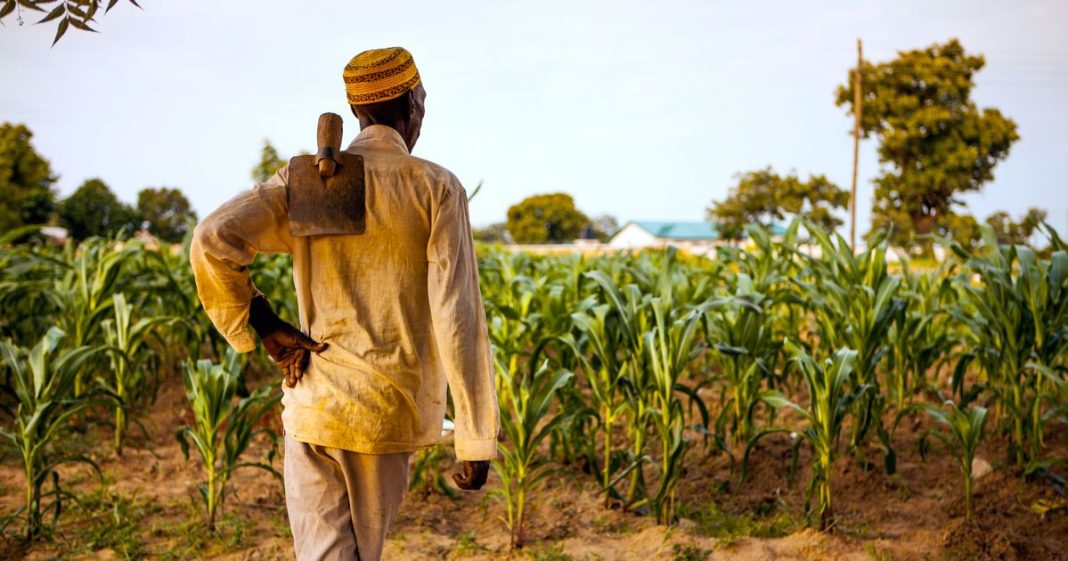A critical look at Ghana’s population that struggles with poverty would show that the majority of the said population are smallholder farmers; particularly those within the five regions of the north.
This is because, while national policies may have been introduced over the past few decades to increase production, and enhance agriculture as well as the lives of farmers, very little has been achieved.
Smallholder farmers are still unable to expand their farms, access credit, good pricing schemes for their produce et al.
Emmanuel Wullingdool, an Agriculture Policy Consultant shared these opinions when he spoke on A1 Radio’s Day Break Upper East Show today, Wednesday, June 9, 2022.
In a recent interview on Accra-based Joy FM, Dr. Michael Abu Sakara Foster explained that a country that did not have a lot of wealthy people investing in agriculture cannot succeed.
Mr. Wullingdool shared similar opinions with Dr. Sakara.
“If you take the poverty map of Ghana, or if you do the poverty analysis of Ghana, it would surprise you to know that smallholder farmers or a lot of the food crop farmers are among the poorest categories of people in Ghana; very poor. You see this very clearly.”
“Sample a number of communities around in the northern part of the country, which people are the poorest? If you take the poverty map and talk about the Upper East Region, the Upper West Region and the Northern Region, between 80-90 percent of the people are farmers. So if we say the Upper West Region is the poorest region in Ghana, and about 80-90 percent of them are farmers, it just goes without saying that farmers are the poorest,” he said.
Mr. Wullingdool suggested that successive governments “over the years have not done enough to lift farmers out of poverty in terms of productivity; what they put in and what they get out of it at the end of the year.”
Earlier, Mr. Wullingdool described Ghana’s agricultural growth and development as undulating. He explained that while there have been some huge success stories over the past few decades, the country has had some very low points in its agricultural journey as well.
Speaking on A1 Radio’s Day Break Upper East Show, Mr. Wullingdool explained that sometime in 1972, under the leadership of General Kutu Acheampong, Ghana did not import any rice. This was because farmers in the country were able to produce enough for local subsistence. The agriculture sector also grew exponentially then.
While successive governments have all contributed to shaping national policy and have added to the total development of agriculture, the total political commitment toward sustained growth of the sector is lacking. This is according to Mr. Wullingdool.
Source: A1radioonline.com|101.1MHz|Mark Kwasi Ahumah Smith|Ghana


